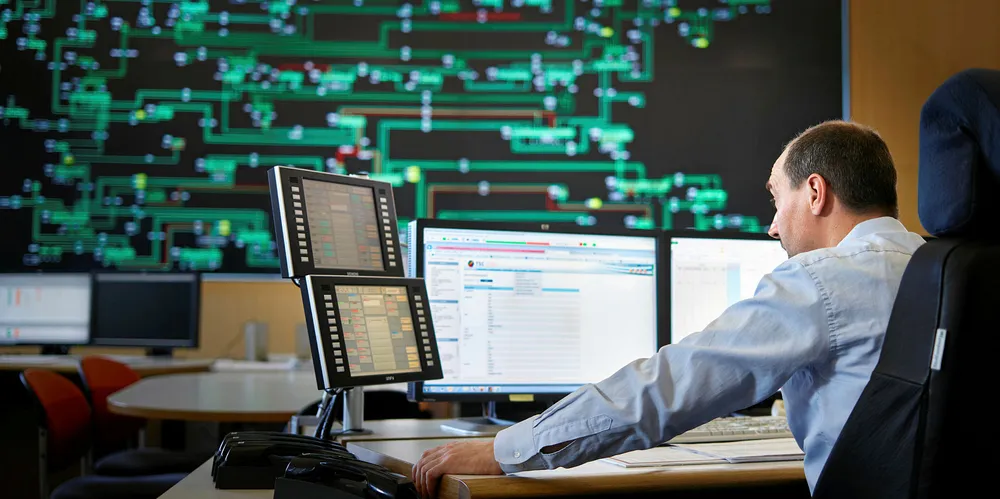'We can work isolated for weeks': grids lay plans to keep the lights on through coronavirus
Network operators reveal measures to protect critical operations that could include lengthy isolation for key staff

Network operators reveal measures to protect critical operations that could include lengthy isolation for key staff
